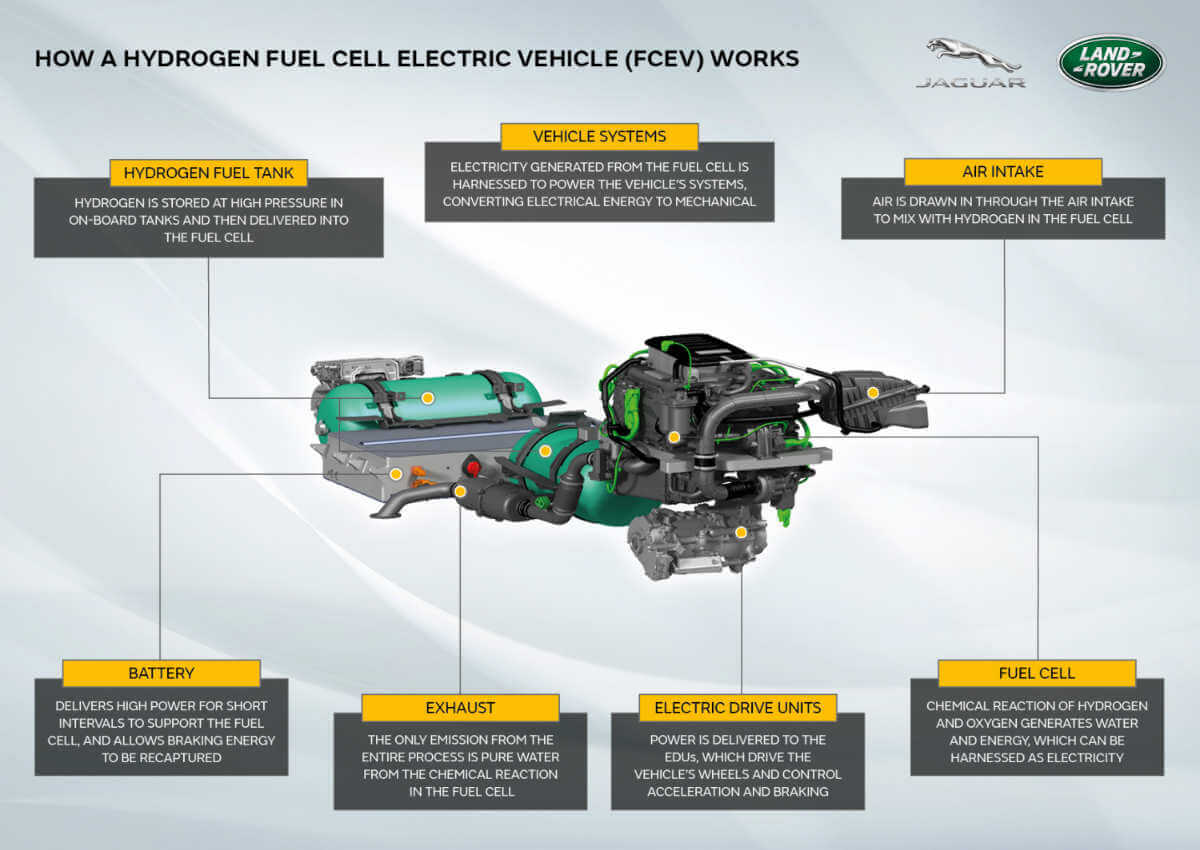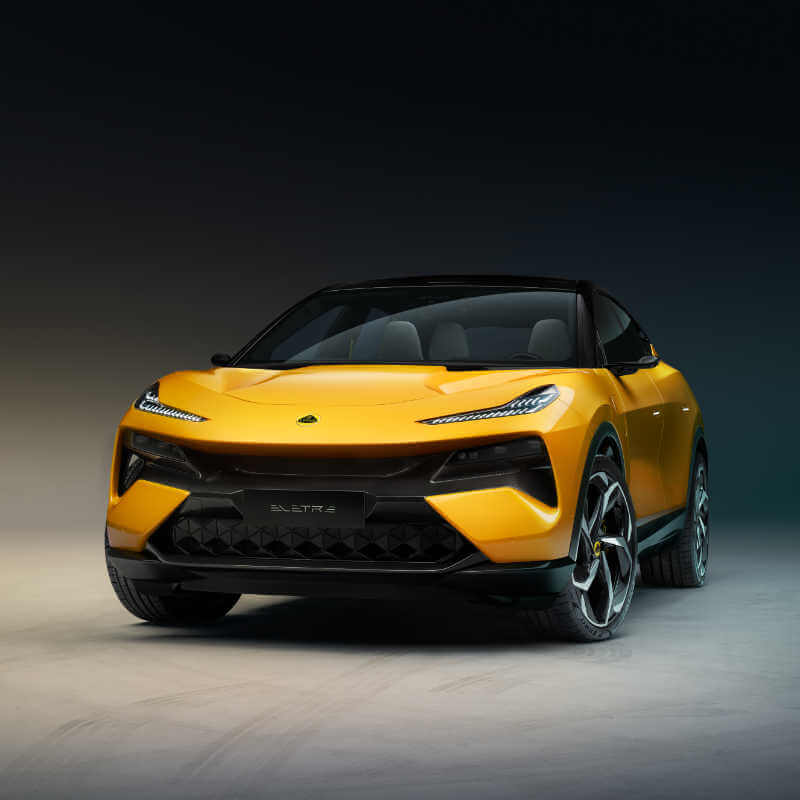Land Rover starts testing with hydrogen
The chosen direction for most car manufacturer’s is electric, Jaguar Land Rover included, but that’s not stopping them from testing hydrogen. Hydrogen fuel cell vehicles may have taken a back seat to battery electric vehicles (BEV), but there are still advancements for hydrogen which now includes Land Rover. The company starting a prototype fuel cell electric vehicle (FCEV) based on the Defender.
Hydrogen could support batteries according to Land Rover.
Land Rover doesn’t see BEVs completely taking over completely, at least not yet. Instead, they see FCEV working alongside BEVs going forward. A little like how we have petrol and diesel now, we could have BEV and FVEV in the future.
Jaguar Land Rover sees a good purpose for hydrogen to continue and that is for larger vehicles that need to travel long distances. Electric-powered vehicles need to recharge a lot and their range can decrease in low temperatures. So, electric motors powered by hydrogen fuel cells may be a good alternative, especially for routes that don’t have many places to stop and recharge.
That said, Jaguar Land Rover is still dedicated to becoming fully electric. Jaguar itself will be all-electric by 2025 and Land Rover will have an all-electric variant of their while range by 2030. Eventually becoming all-electric by 2036.
“We know hydrogen has a role to play in the future powertrain mix across the whole transport industry, and alongside battery electric vehicles, it offers another zero tailpipe emission solution for the specific capabilities and requirements of Jaguar Land Rover’s world class line-up of vehicles. The work done alongside our partners in Project Zeus will help us on our journey to become a net zero carbon business by 2039, as we prepare for the next generation of zero tailpipe emissions vehicle.” – Ralph Clague, Head of hydrogen and fuel cells, Jaguar Land Rover
Source: CARmag | Jaguar Land Rover






